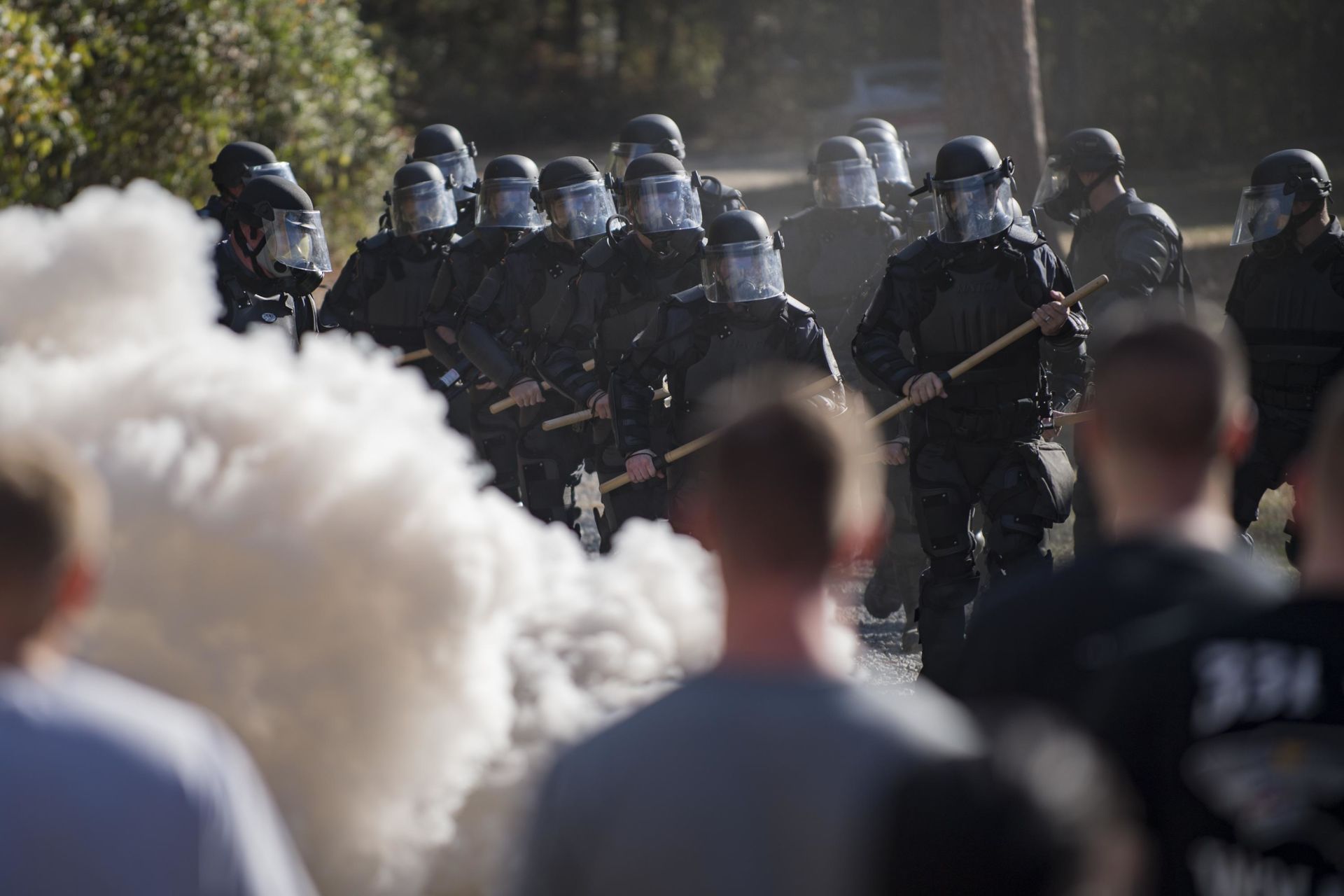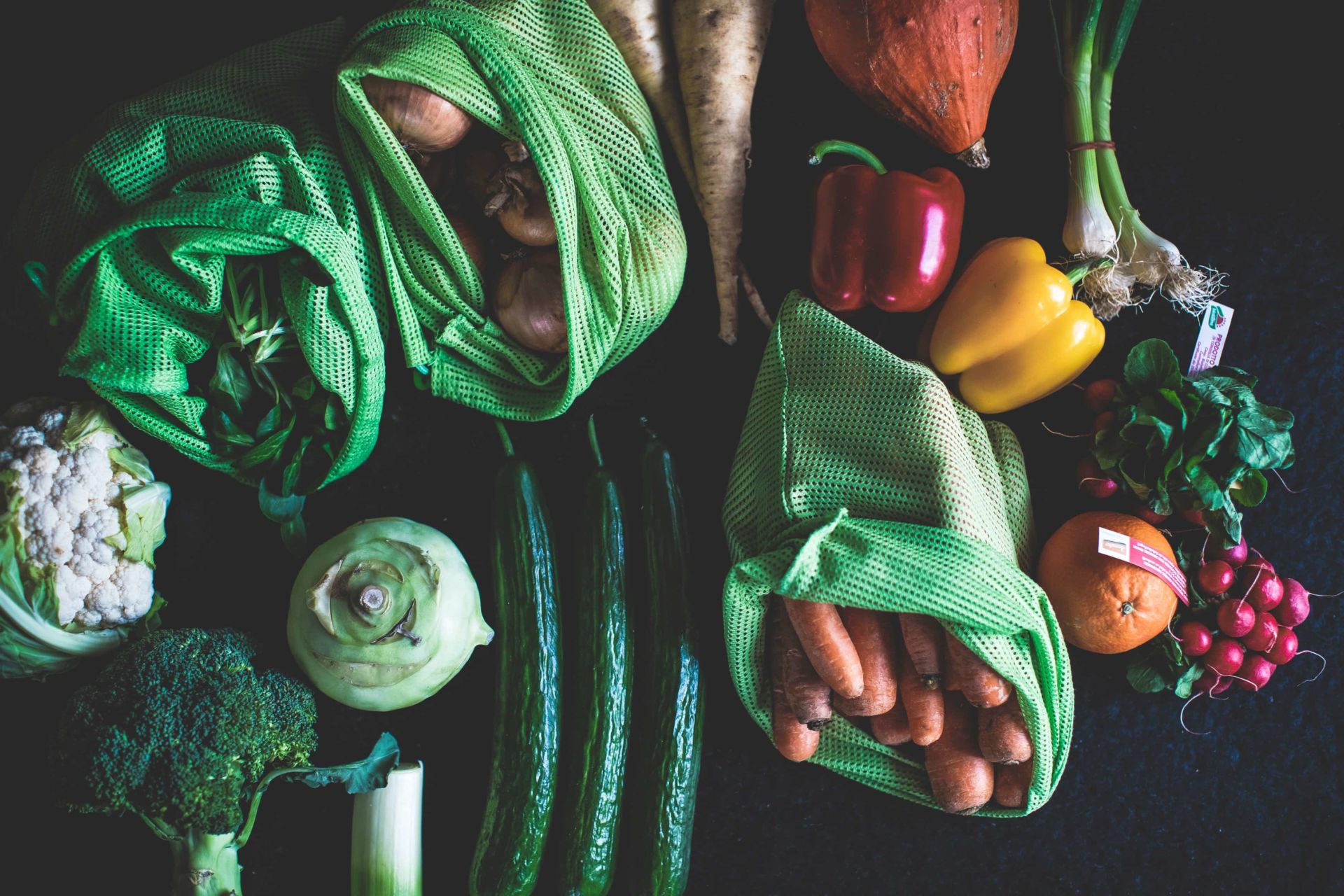The pandemic will shift patterns of violence throughout the globe.
While there has been a decline in some types of crime, battle deaths and riots due to lock-down measures, other areas such as domestic violence, self-harm and suicide are likely to have increased. There have been reports of substantially higher usage of suicide and mental health help lines as a result of the pandemic and social isolation. It is too early to tell for how long these new trends will persist, but it is likely that crime rates and riots will increase again once compulsory isolation is relaxed.
Looking at existing conflicts
As COVID-19 spread across the globe, governments imposed sweeping restrictions on movement in order to contain the pandemic. The pandemic and resulting government responses have quelled public protests in some places, while igniting them in others. Yet overall, there has been a reduction in riots and battles as a consequence of the pandemic.
Figure 1.3 gives the trend in riots and battles recorded by the Armed Conflict Location & Event Data Project (ACLED), which covers most of the world except for the US, Canada and Oceania.
There has been a reduction in the number of battles and riots in the second quarter of 2020.

However, this is likely to be a short-lived phenomenon as the lockdowns are lifted and the economic downturn sets in.
Related topics: COVID-19 in Fragile States – Covid-19 and Peace: examining the impact – Global Peace Index 2020
Combatants in Yemen heeded the UN request, as the Saudi-led coalition fighting Yemeni Houthis halted military activities in April. This was an important step on the path towards a permanent ceasefire to end the five-year war that killed 100,000 people. Saudi forces and the Houthis had initiated tentative negotiation talks already in 2019, but the global pandemic provided impetus to an agreement. As yet, the ceasefire proposal has not been formally agreed to by the Houthi rebels.
Student groups and civil organizations in Chile called for a suspension of protests in late March, but citizens also set up road blockades in actions calling for regional lockdowns and improved safety protocols. Demonstrations also declined in Colombia and Venezuela with the imposition of lockdowns. The restrictions were imposed indefinitely in seven states in Venezuela.
Russia and Eurasia have also recorded significantly reduced activity, as restrictive measures to limit the spread of coronavirus prevented many events from taking place. Russia postponed the referendum on reforms that would allow President Putin to extend his term beyond 2024, originally set for 25 April.
Restrictions on movement may dampen protest activity globally in the short run, but political and social tensions are likely to remain through the crisis. Some may even be amplified, as frustrations compound upon losses of livelihoods and free movement. This has been seen particularly in the US with the ‘Black Lives Matter’ protests, which has now turned into a global movement. Worldwide, millions of people are taking to the streets to protest police brutality and social inequalities faced by people of colour, amplified by the current COVID-19 pandemic.
As the economic fall-out increases and people become more accustomed to COVID-19, it is likely that the ten-year trend of increasing demonstrations, riots and general strikes will intensify. The effects of this on political stability will be pronounced.

Exploring patterns of violence
The short-term impact of COVID-19 on patterns of violence has been mixed. On the one hand, social isolation led to a decline in crime rates by reducing the chances of assaults, muggings, fights and other violent crimes. Drug dealing has declined in many cities around the world, with traffickers finding it harder to reach potential clients. In fact, drug gangs in the US have agreed to a ceasefire so as to keep hospital beds free for COVID-19 patients. There have also been fewer reported cases of urban brawls and car accidents. On the other hand, as mentioned, domestic violence and self-harm have reportedly risen substantially as a result of confinement and greater psychological stress.
In Latin America, the pandemic led to a consolidation of power held by drug cartels in places where the state is nearly absent. With policing diverted to monitoring social distancing in city centres and suburbs, criminal organisations in urban outskirts tightened the stranglehold on residents, at times, even enforcing epidemiological social isolation.
Some types of cybercrime may increase during the time of the pandemic. As more people – especially those less skilled and experienced on the internet – look for information or go shopping on-line, cyber criminals have increasingly sought to take advantage of the unwary. They have created fake websites to collect fraudulently information from users – an activity known as ‘phishing.’ Google reported a 350 per cent increase in phishing websites after the onset of the COVID-19 pandemic, and similar developments have been reported by other tech companies.
EDITOR’S NOTE: The opinions expressed here by Impakter.com columnists are their own, not those of Impakter.com.












